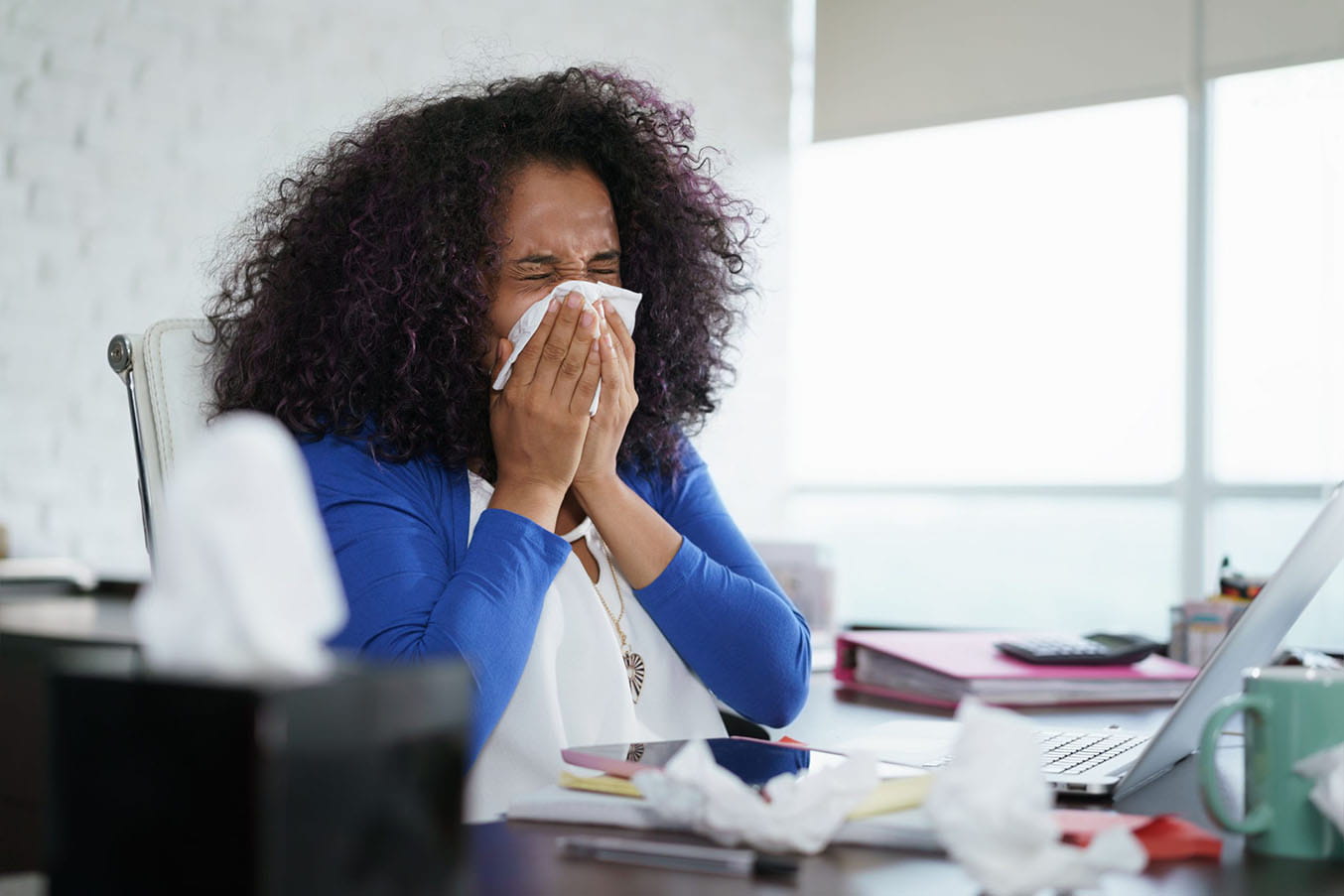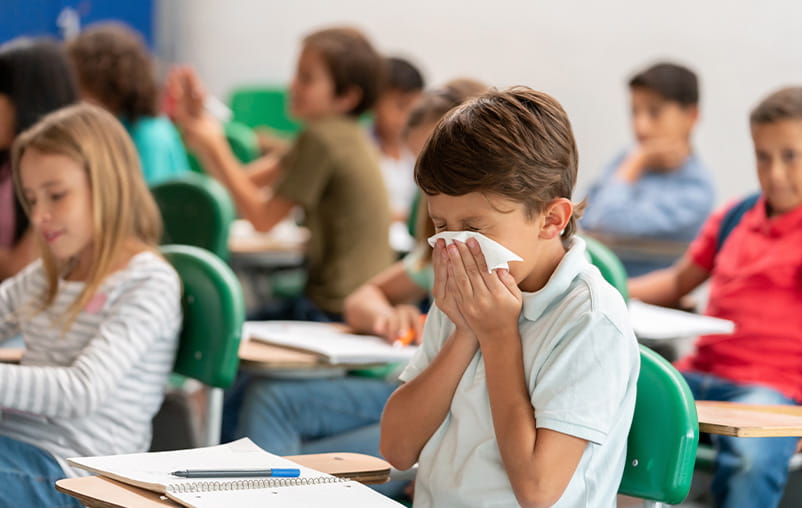Immunizations
Immunizations, also called vaccinations, are used to strengthen the immune system against specific illnesses. They are often delivered via needle injections.
Staying up to date on immunizations is important for the overall health of individuals, families and communities. When more people are vaccinated against disease, it lowers the risk of an outbreak that could make people seriously ill.
Immunizations are part of preventive medicine, which aims to prevent illness and injury before it happens. Prevention is the best cure for disease.
Immunizations help keep millions of people out of doctors’ offices and hospital rooms each year.
Types of Immunizations
Most vaccines are free with proof of health insurance, including:
- COVID-19
- Haemophilus influenzae Type B
- Hepatitis A
- Hepatitis B
- Herpes Zoster (Shingles)
- Human Papillomavirus (HPV)
- Influenza (flu)
- Measles, mumps, rubella (MMR)
- Meningococcal
- Pneumococcal
- Respiratory syncytial virus (RSV)
- Tetanus, diphtheria, pertussis (also known as TDAP)
- Varicella
Underinsured or uninsured children and uninsured adults may be eligible for free vaccines under the Vaccines for Children (VFC) program and the Adult Safety Net (ASN) program.
Herd Immunity
For some populations of children, people with disabilities, the elderly, and those with compromised immune systems vaccines may not be indicated or are less effective. For these populations herd immunity is critical.
Herd immunity is achieved when enough people in a community have developed the necessary antibodies to protect against future disease. This helps protect those who may not have the benefit of immunizations. Get your recommended vaccines to help achieve herd immunity.
Vaccine Schedule
In the U.S., people often get their first vaccines as infants and follow an immunization schedule through childhood and adolescence into adulthood. Some vaccines are only needed once while others, like the flu vaccine, are recommended each year.
Immunization Data for Bexar County
Pneumonia
About 72% of people ages 65 and older have had the pneumonia vaccine, which only needs to be given once. The rate was highest (85%) in people living in the Northeast side of Bexar County and lowest (65%) in the near North Side.
Influenza (Flu)
About 62% of people ages 65 and older in Bexar County reported having gotten the flu shot in the past year. The rate was highest (77%) in the Southwest side and lowest (52%) on the Southeast side. Get your flu shot at a University Health pharmacy.
COVID-19
As of May 2022, 77% of eligible Bexar County residents ages 5 and older were fully vaccinated against COVID-19.
People ages 65 years and older, who were among the most vulnerable to COVID-19 infection and complications, are the most fully vaccinated population at 87%.
Get your COVID-19 shot at a University Health pharmacy.
Human Papillomavirus (HPV)
The number of teens ages 13-17 years in Bexar County who were fully vaccinated for HPV increased from 39% to 61% from 2016-2020. Slightly more girls (62%) than boys (59%) are fully vaccinated against HPV.
University Health Resources
Primary Care Clinics
University Health primary care providers can educate and guide adults and children on when to get certain vaccines and help them stay on track.
NurseLink
NurseLink is a 24-hour phone service for existing University Health patients. Patients may call with health-related questions and speak with a University Health nurse any time of the day. Call 210-358-3000 to connect with NurseLink.
HealthyUexpress
HealthyUexpress is a mobile primary care clinic for adults and children. It offers services including physicals, vaccinations and sick visits.
University Health Drive-Thru Flu Shot Events
Each year from October-November, University Health hosts free drive-thru flu shot events for the community. Eligible residents may register and get their flu shots without leaving their cars.
University Health Pharmacies
University Health pharmacies offer all recommended vaccines.
Community Resources
Metro Health Immunization Clinic
The Metro Health Immunization Clinic provides immunizations for underserved adults and children. Private insurance is not accepted. Please call 210-207-8894 for more information.
Metro Health Pop-Up Vaccine Clinics
The City of San Antonio operates pop-up vaccination clinics at locations around the city. These clinics offer vaccines to people with no health insurance or with insurance that doesn’t cover vaccines. Please call 311 for more information.




